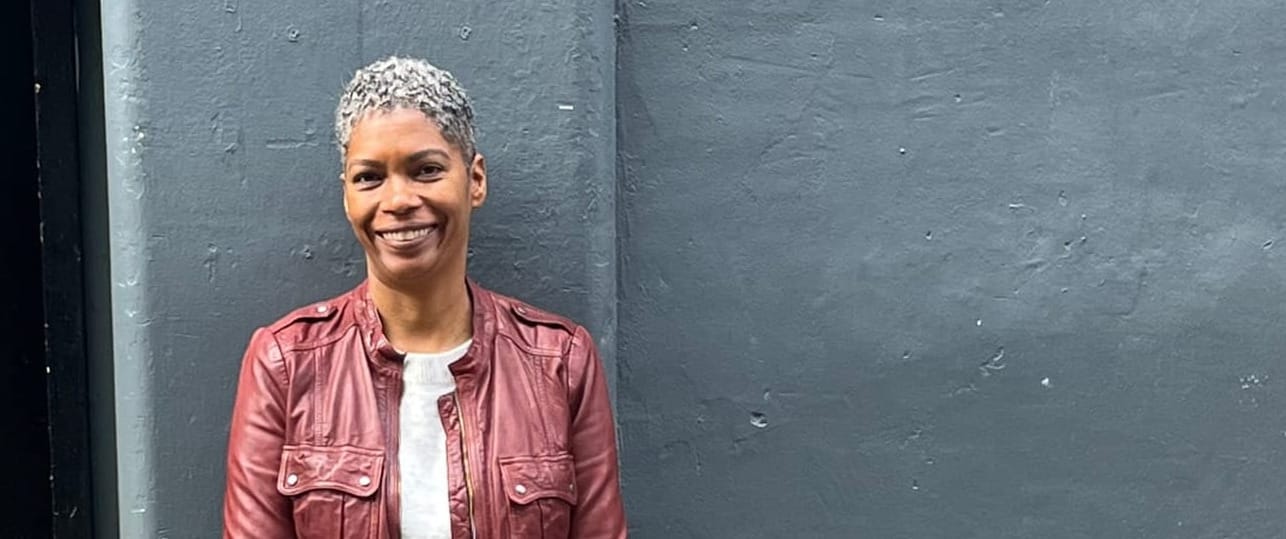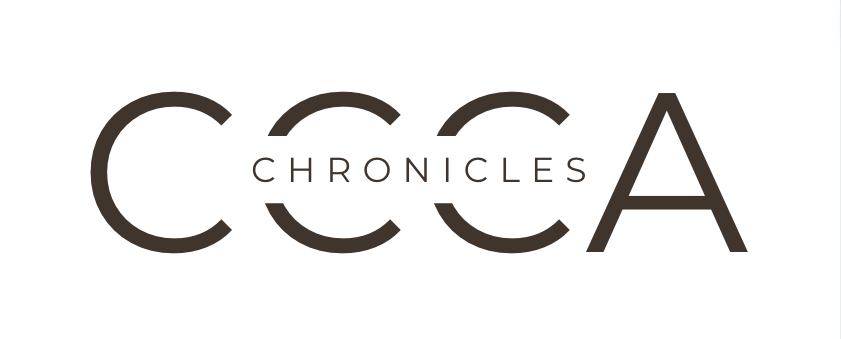Hi, I'm Lisa. This is the story of my CCCA diagnosis.

In 2019, I was oblivious to the fact I was losing my hair. The only indication that something was amiss came from a hairstylist who suggested I take biotin because my locs could be thicker.
I did as he recommended and assumed all was well because my hair seemed to be just fine.
Fast forward to the fall of 2021. Work was extremely stressful, and I had to undergo major surgery. Because there’s nothing quite like the prospect of death to give you a newfound perspective on life, I decided that if I made it through, I would figure out ways to welcome more ease and joy.
The surgery was successful, and when I recovered, I made all the changes I promised myself. I left the company I founded 20 years ago to start a new one. I got myself into therapy to deal with some longstanding trauma. I let go of relationships that weren't serving my highest good. I completed a 12-week HIIT program to kick my fitness regimen into high gear. And I learned modern calligraphy just for fun.
To mark this moment in time as a meaningful turning point – a fresh start, if you will – I shed the locs I'd worn for 20 years for a teeny-weeny afro.
Then, in January of 2022, I noticed two bald spots at the front of my head.
The fear of going bald eclipsed every anxiety over my previous stressors combined. Panicked, I saw a dermatologist who diagnosed me with alopecia areata. He prescribed a topical steroid, which did nothing to prevent those bald spots from spreading. When I informed him things were getting worse and my scalp had started to burn like it was on fire, he offered nothing other than to continue the topical treatment for several more weeks.
I quickly moved on.
Dermatologist #2 diagnosed me with possible alopecia areata, androgenic alopecia, and central centrifugal cicatricial alopecia (CCCA). I was overwhelmed and deeply uncomfortable with that level of uncertainty, so I requested he perform a scalp biopsy. It confirmed I had the worst of the three diagnoses – CCCA.
My journey with CCCA has been difficult. I cannot put it any other way. Hair loss is hard enough to contend with on its own, but the pain of CCCA is unlike anything I’ve experienced in my life. When I'm in a flare, it feels like someone stuck dozens of hot sewing needles in my head at once. The pain lasts not just hours or days, but weeks at a time.
I’ve done everything I can to manage the pain – medical treatments, nutritional modifications, herbs and supplements, acupuncture, mindfulness meditation, and positive visualization. And, while it's no longer debilitating most days, I still have flares that take me down.
And I’m one of the lucky ones. I have health insurance, access to good health care, and the time and means to experiment with hair products, practitioners, and alternative therapies that might bring relief. Knowing how agonizing the pain is, I worry about Black women who don't...because this disease almost exclusively affects us. 3 million of us in the US alone.
That’s why I launched this blog and newsletter. Through this vehicle, I share my experiences with CCCA so other Black women – Black trans women, femmes, and nonbinary folk who relate to the experiences of Black women – will know they aren’t alone. And wherever I can, I offer learnings, insights, tips, and resources that other Black women might find helpful.
If you or someone you love is living with CCCA, I invite you to join me on this journey by subscribing to my newsletter. Let's navigate the complexities of CCCA together.
Wishing you grace on this journey,
Lisa
P.S. If you'd like full access to all my posts, click Subscribe to sign up. It's free.
Disclaimer: I am a Black woman living with central centrifugal cicatricial alopecia who shares thoughts, stories and ideas with other Black women navigating this condition for informational purposes only. I’m not a doctor or licensed or certified professional, therefore nothing in my posts – explicit, implicit, by implication, or in reference – is intended to constitute, or be a substitute or replacement for, licensed, professional, medical care. Always seek the advice of your dermatologist or other qualified medical provider with any questions you have regarding your health, CCCA, and treatments for CCCA, be they medical or otherwise, and before making any decisions about your health care. Never disregard professional medical advice or delay in seeking it because of something you have read in my posts.
